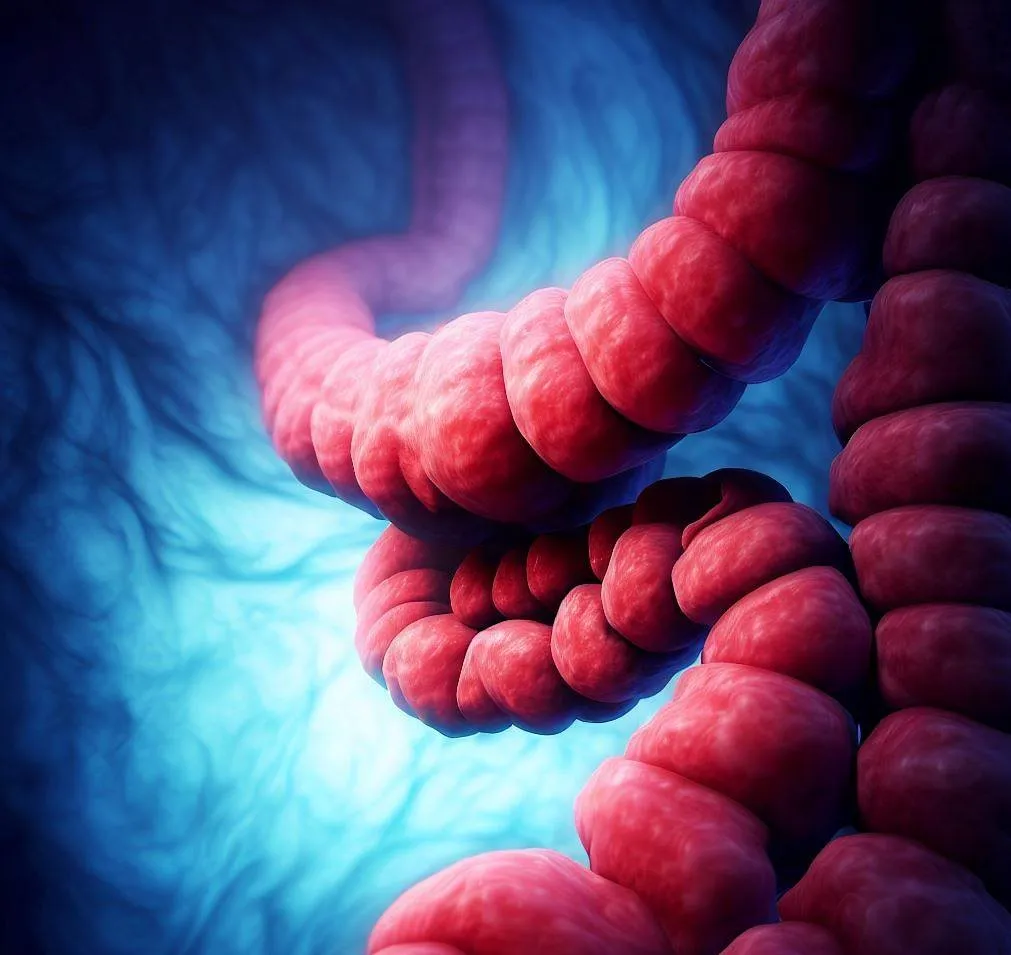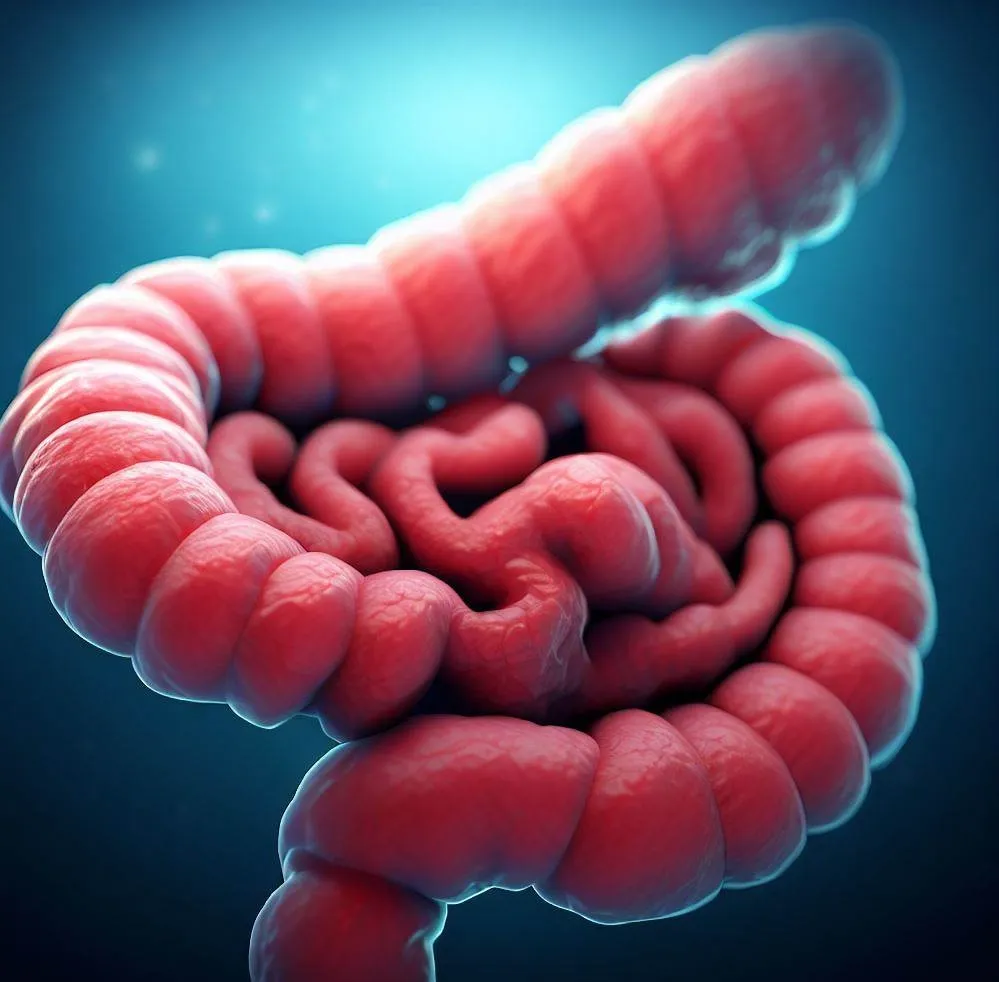Colon cancer is a prevalent disease that affects numerous individuals worldwide. It is essential to understand the symptoms and impact of this condition on patients. In this article, we will explore the question: Is colon cancer painful?
Colon cancer is a serious and potentially life-threatening disease that affects the colon, which is a part of the large intestine. It is crucial to be aware of the symptoms and impact of this condition on patients’ overall well-being. By understanding the level of pain associated with colon cancer, individuals can seek appropriate medical attention and treatment.
Colon cancer is one of the leading causes of death in the United States. While the thought of colon cancer may be intimidating, it is important to know that there are steps to take to help prevent and treat this condition.
In this blog post, we will explore whether or not colon cancer pain is painful, what causes it, its symptoms and how to diagnose and treat it. Furthermore, we will provide information on prevention and coping strategies for dealing with colon cancer pain. With all these facts in hand, you can be better prepared to face this difficult disease head-on.
II. Understanding Colon Cancer
Colon cancer refers to the abnormal growth of cells in the colon, which is a part of the large intestine. It typically begins as small polyps that can eventually become cancerous. Several risk factors, such as age, family history, and certain lifestyle choices, increase the likelihood of developing colon cancer. Early detection and regular screenings play a crucial role in diagnosing the disease at its earliest stage when treatment is most effective.
The development of colon cancer is a complex process that involves the accumulation of genetic mutations in the cells lining the colon. These mutations can lead to uncontrolled cell growth and the formation of tumors. As the tumors grow, they can invade nearby tissues and spread to other parts of the body, causing further complications. Understanding the underlying mechanisms of colon cancer can help individuals grasp the seriousness of the disease and the importance of early detection.
III. Exploring Colon Cancer Symptoms
Colon cancer manifests itself through various symptoms, which can vary from person to person. Recognizing these symptoms is crucial for early detection and timely treatment. Common signs include changes in bowel habits, blood in the stool, unexplained weight loss, abdominal discomfort, and fatigue. However, it’s important to note that not all symptoms are painful.
Some individuals may experience non-painful symptoms, such as changes in bowel habits or unexplained weight loss. These symptoms can be easily overlooked or attributed to other factors. However, it is essential to consult a healthcare professional if any concerning signs persist or worsen. By being aware of the range of symptoms associated with colon cancer, individuals can take proactive steps towards early diagnosis and treatment.
In addition to non-painful symptoms, pain-related symptoms can also occur in colon cancer. Abdominal pain or cramping may be experienced by some individuals. The intensity and location of the pain can vary depending on the stage and location of the cancer. It is crucial to differentiate between pain caused by colon cancer and other factors. Consulting a healthcare professional is essential for an accurate diagnosis.
IV. Pain in Colon Cancer
Differentiating between pain caused by colon cancer and other factors can be challenging. It is crucial to consult a healthcare professional for an accurate diagnosis. Pain in colon cancer can arise from various sources, including tumor growth, obstruction, or inflammation. The degree of pain experienced by individuals can vary depending on the stage and location of the cancer.
Tumor growth can cause pain as the cancerous cells invade and damage nearby tissues. This can lead to discomfort and aching sensations in the abdomen. Obstruction of the colon by the tumor can result in sharp and severe pain. Inflammation caused by the cancer can also contribute to pain and discomfort. Understanding the nature of the pain and its impact on individuals is essential for effective pain management.
V. Management of Pain in Colon Cancer
Managing pain in colon cancer requires a multidisciplinary approach. Healthcare professionals may recommend a combination of treatments depending on the severity of the pain. It is crucial to address pain effectively to improve the quality of life for individuals with colon cancer.
Pain management options can include medication, radiation therapy, surgery, or palliative care. Medications such as analgesics and opioids may be prescribed to alleviate pain. Radiation therapy can be used to shrink tumors and reduce pain. In some cases, surgery may be necessary to remove the tumor and relieve pain. Palliative care focuses on providing relief and improving the quality of life for individuals with advanced-stage colon cancer, where curative treatment may not be possible.
VI. Personal Experiences and Testimonials
Sharing personal stories and experiences can provide valuable insights into the journey of individuals with colon cancer. These stories help shed light on the challenges faced by patients and their experiences with pain management. Real-life examples can illustrate the varying degrees of pain and the individualized approach required for effective pain relief.
By sharing personal experiences, individuals can find support, empathy, and practical advice from others who have gone through similar experiences. It is important to acknowledge the emotional and psychological impact of pain in colon cancer and provide a platform for individuals to share their stories.

Prevention And Coping Strategies For Colon Cancer Pain
Colon cancer can be a painful experience, both physically and emotionally. Fortunately, there are several ways to cope with the pain associated with colon cancer.
The most important step is prevention—by engaging in regular screenings for colorectal cancer and following a healthy diet and lifestyle, you can prevent colon cancer from developing in the first place.
If you already have colon cancer, your doctor may recommend medications to help manage any pain you may be experiencing. Additionally, non-drug strategies such as massage therapy, exercise and yoga can provide relief from discomfort.
Finally, talking with mental health professionals or support groups can help you process any emotional pain associated with colon cancer.
With these strategies in mind, it is possible to reduce or even eliminate many of the uncomfortable side effects of this condition.
Kindly Read These Informative Articles:
The Benefits of an Epsom Salt Colon Cleanse
VII. Conclusion
In conclusion, colon cancer can cause pain, but it is not the only symptom associated with the disease. It is crucial to understand the range of symptoms and seek medical advice for any concerning signs. Regular screenings and early detection significantly improve outcomes for individuals with colon cancer.
By combining medical interventions, supportive care, and a multidisciplinary approach, pain management in colon cancer can help enhance the quality of life for patients. It is important to prioritize pain management and address it effectively to ensure the overall well-being and comfort of individuals with colon cancer. With early detection, appropriate treatment, and a comprehensive approach to pain management, individuals can navigate the challenges of colon cancer with improved quality of life.
FAQ
- Is colon cancer always painful?
- No, colon cancer does not always cause pain. Some individuals may experience non-painful symptoms such as changes in bowel habits or unexplained weight loss.
- What are the painful symptoms of colon cancer?
- Pain-related symptoms of colon cancer can include abdominal pain or cramping. The intensity and location of the pain may vary depending on the stage and location of the cancer.
- What causes pain in colon cancer?
- Pain in colon cancer can arise from various sources, including tumor growth, obstruction of the colon, or inflammation caused by the cancer. These factors can lead to discomfort and aching sensations in the abdomen.
- How is pain in colon cancer managed?
- Pain management in colon cancer involves a multidisciplinary approach. Treatment options may include medication, radiation therapy, surgery, or palliative care. The goal is to alleviate pain and improve the quality of life for individuals with colon cancer.
